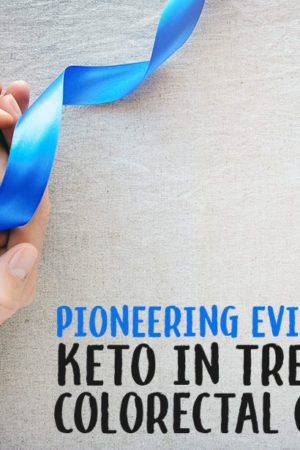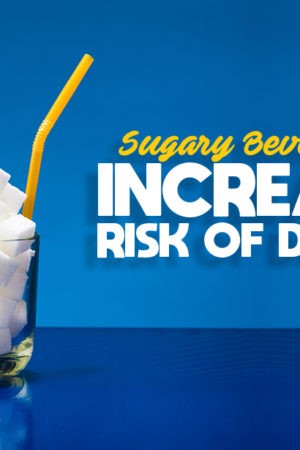Obesity is obviously a huge factor in any number of potentially fatal diseases, from Type 2 diabetes to heart disease to high blood pressure and a variety of cancers. But what about sugar itself? Because the overconsumption of sugar is so closely linked to obesity, it’s difficult to separate the two in order to measure sugar’s direct impact on disease.
A new study, however, did just that: the scientists wanted to examine the development of colorectal cancer in mice and how sugar consumption alone contributes to this deadly condition.1 The results, frightening though they may be, are a big step forward in exploring the many dangers of too much sugar.
Sugar promotes colorectal cancer in mice
Researchers at Baylor College of Medicine and Weill Cornell Medicine gave mice water sweetened with high-fructose corn syrup, which is used in the majority of sodas and sweetened beverages consumed by humans. The mice used in the trial had early-stage colorectal cancer. In one of the first tests, the mice were allowed to drink at will and, as a result, rapidly gained weight. To prevent this from happening the second time around, the team slowed the trial and fed the mice using a syringe. Another group of tumorous mice was given only water.
After two months, the tumors in the mice drinking high-fructose corn syrup were “larger and of a higher grade” than those in the group drinking water. Importantly, the mice drinking sweetened water had not become obese, helping the team of researchers tie the cancer growth results directly to the sweetener.
A new way to think about the harms of sugar
“These results suggest that when the animals have early-stage tumors in the intestines – which can occur in many young adult humans by chance and without notice – consuming even modest amounts of high-fructose corn syrup in liquid form can boost tumor growth independently of obesity,” said Dr. Jihye Yun, one of the study’s authors.
According to the team, the study may help to explain the increase in colorectal cancer over the last 30 years, which has coincided with an increase in public consumption of high-fructose corn syrup in sugary drinks.2 They hope that their findings will open the door both to new forms of treatment and to further studies verifying and expanding the outcomes of their groundbreaking research.
NUTRITIONAL DISCLAIMER
The content on this website should not be taken as medical advice and you should ALWAYS consult with your doctor before starting any diet or exercise program. We provide nutritional data for our recipes as a courtesy to our readers. We use Total Keto Diet app software to calculate the nutrition and we remove fiber and sugar alcohols, like erythritol, from the total carbohydrate count to get to the net carb count, as they do not affect your blood glucose levels. You should independently calculate nutritional information on your own and not rely on our data. The website or content herein is not intended to cure, prevent, diagnose or treat any disease. This website shall not be liable for adverse reactions or any other outcome resulting from the use of recipes or recommendations on the Website or actions you take as a result. Any action you take is strictly at your own risk.
- California Pushes for Cigarette-Like Warning Labels on Soda - July 1, 2019
- Is a Slowdown in Australia's Sugar Consumption a Sign of More to Come? - June 24, 2019
- Groundbreaking Study Says the Sugar Rush Doesn't Exist - June 12, 2019































